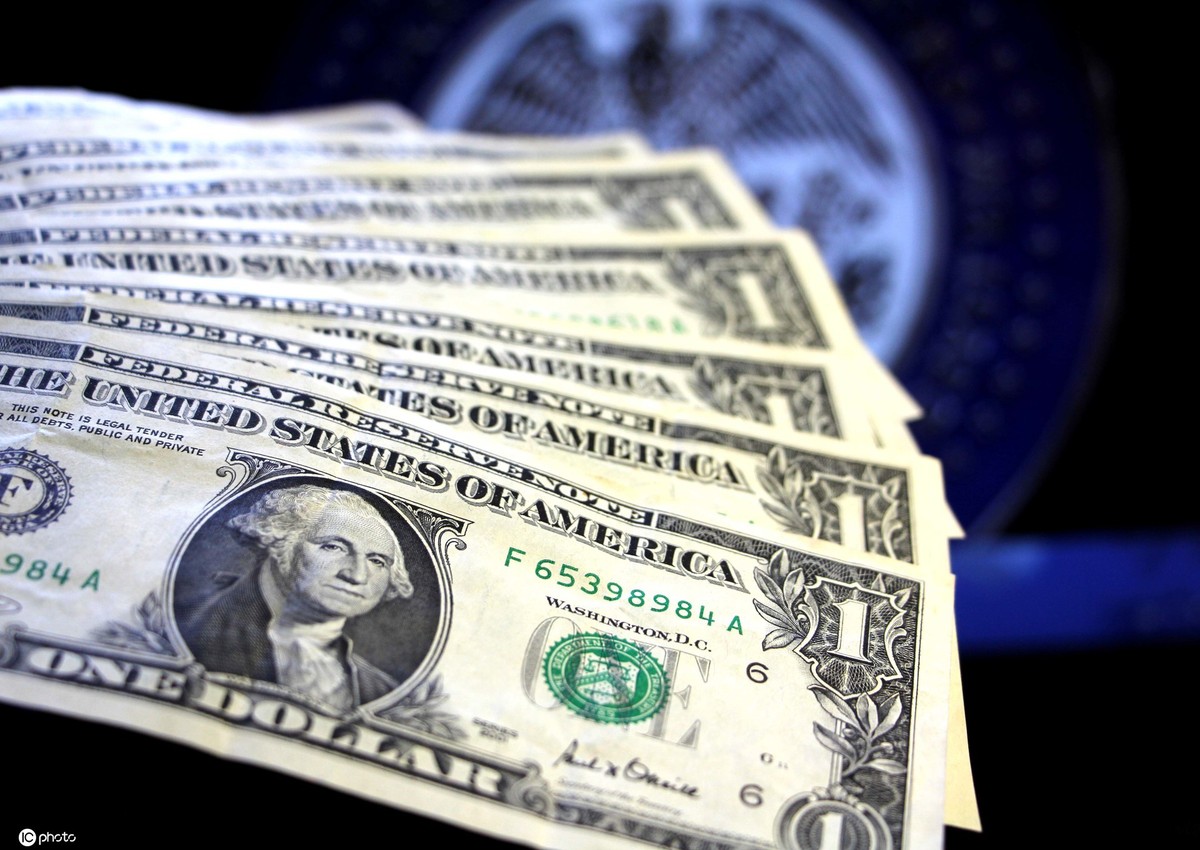US Fed leaves interest rates the same
By SCOTT REEVES in New York | China Daily Global | Updated: 2020-01-31 01:13

The US Federal Reserve left interest rates unchanged Wednesday as employment and the economy remained strong despite moderate consumer spending.
All 10 members of the Federal Open Market Committee (FOMC) voted to keep interest rates between 1.50 and 1.75 percent.
"If developments emerge that cause a material reassessment of our outlook, we would respond accordingly," Fed Chairman Jerome Powell said at a news conference after the meeting.
In its policy statement, the FOMC said, "Economic activity has been rising at a moderate rate. Job gains have been solid, on average, in recent months, and the unemployment rate remained low."
Unemployment is at a 50-year low, but wage growth has slowed despite the tight labor market. Household spending rose at a "moderate pace" while business investment and exports remained weak, leaving open the possibility of a rate change in the future, the FOMC said.
The rate determines what banks charge each other for overnight lending, but also affects the cost of consumer debt and therefore influences spending and corporate investment.
The rate also affects the yield small savers earn on passbook accounts. Low rates are good for the stock market because, in part, winning investments offer higher returns than bank CDs or bonds.
The Federal Reserve had raised rates nine times since December 2015. But in 2019, it cut interest rates by one-quarter point in July, September and October amid slower US growth and fears of a global economic slowdown.
Notes of the deliberations released after the meeting showed some FOMC members disagreed with the action and saw no reason to cut rates.
Inflation remains below the Fed's target of 2 percent. Consumers welcome low prices, but the Fed frets that expectations to keep inflation and interest rates low will give it little room to cut interest rates to spur the economy in a future downturn.
The FOMC said current policy is intended to return inflation to its "2 percent objective".
Wednesday's decision played out against a backdrop of the US and China agreeing to the first phase of a trade agreement on Jan 15. But the spread of the coronavirus in China raises concerns about an economic slowdown, or at least a sharp jolt, as Beijing ordered a shutdown of Wuhan, where the virus was first discovered.
That could disrupt production at major plants, including Apple, and ripple through the world economy.
























